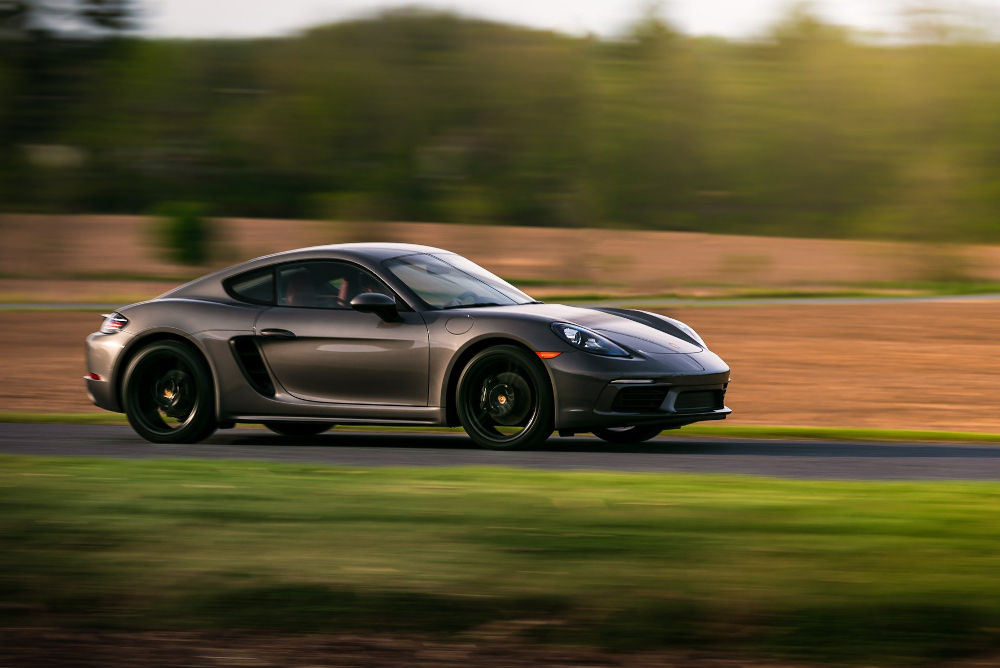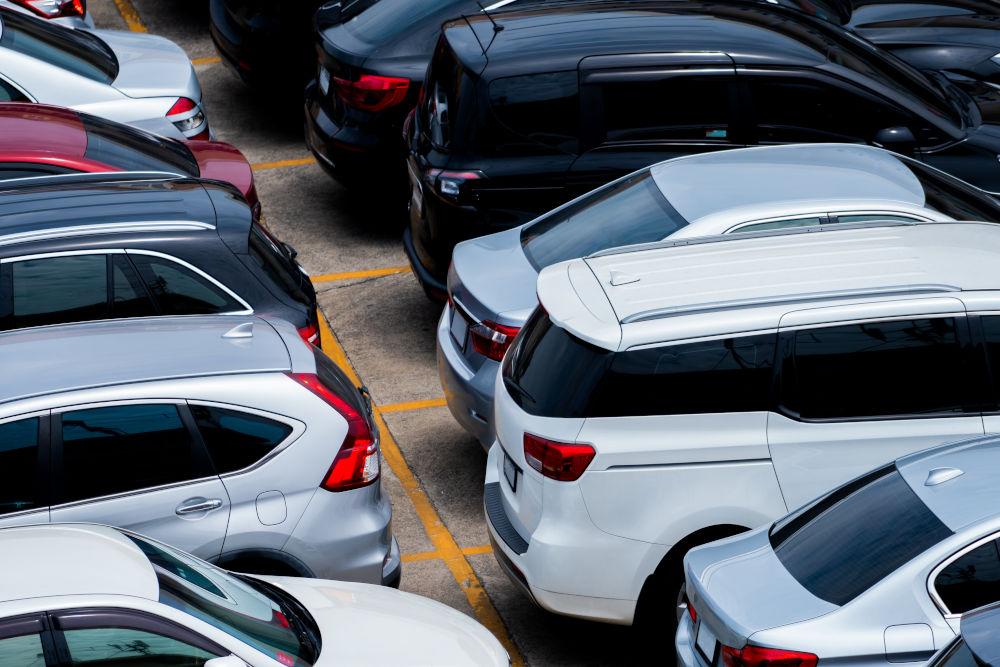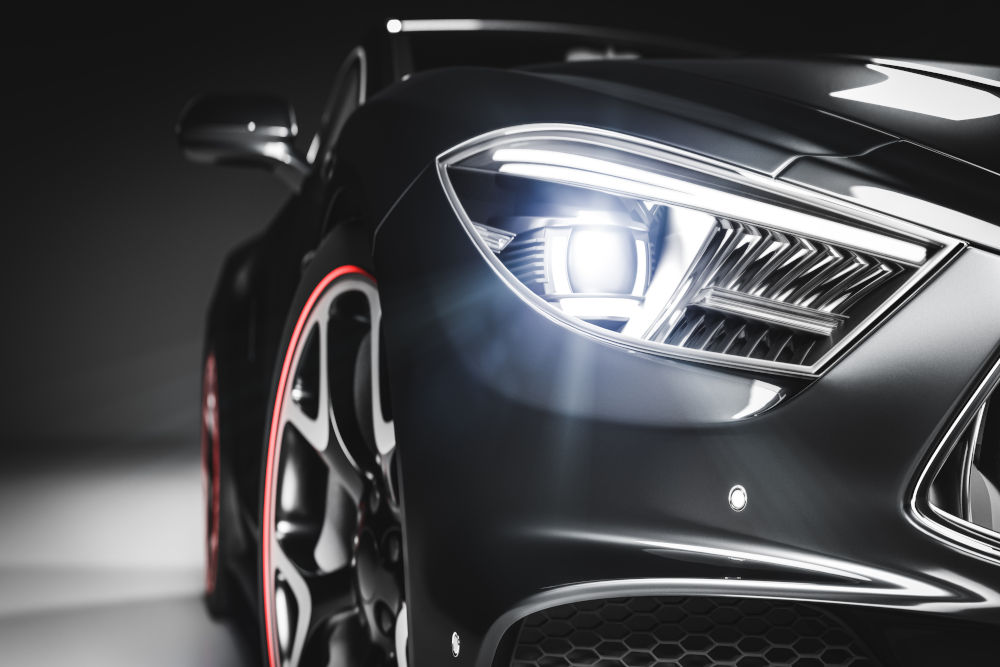As the world slowly begins to emerge from the ongoing Covid-19 pandemic that has blighted our lives over the past year, the future is looking bright. Economists are predicting an imminent boom as we return to more normal ways of shopping and socialising, and with travel soon to be back on the agenda, the tourism industry is set to experience a huge boost as we clamour to book in those luxury getaways we’ve all been craving.
It seems there isn’t an industry out there that hasn’t been impacted by the lockdowns and restrictions that have punctuated the past year, and the automotive market is one that certainly hasn’t come out unscathed. Annual sales for 2020 plunged dramatically year on year – but with many of the world’s wealthy weathering the storm better than others due to increased financial security, have luxury car sales followed suit?
Here, we take a look at how the landscape has changed since the pandemic began – and what we can expect to see from the industry in 2021.
The luxury car world pre-Covid

The automotive market has been faced with many challenges over the years, with brands most recently being required to take dramatic steps to comply with new requirements across Europe and the UK. As the world becomes more environmentally conscious and many nations move towards a zero-carbon future, manufacturers have had to make adaptations to their existing models, and to their future plans, too.
These changes haven’t been limited to the wider industry alone, and luxury car manufacturers such as Rolls Royce, Ferrari and Lamborghini have had to seriously rethink their strategies. Nonetheless, pre-Covid, their price and exclusivity meant that demand had remained as high as ever, so while the future was perhaps looking a little more complicated than previously, sales were still going strong.
Post-pandemic

In the first half of 2020, however, car sales fell by 25 percent worldwide. As we hit pause on our spending, and with instructions to stay at home during lengthy lockdowns, the need for personal transport was at an all-time low. But surprisingly, the luxury car market managed to hold relatively firm, with the number of Ferraris, Porsche and Lamborghinis registered in Belgium last year having remained steady and similar reported in other countries across the continent.
Nonetheless, this doesn’t mean that the impact on the luxury car industry has been minimal. Customers often place orders for high-end cars like these up to two years before receiving their vehicles, and the effects of Covid-19 will be more evident in the number of registrations we see in 2021 and even 2022.
The used car boom

Meanwhile, one area in which we’re already seeing a boom is the used car market. With the current social distancing measures in place and ongoing fears around health and cleanliness, more people than ever are looking for ways they can travel safely and securely, which often means avoiding public transportation. Post-pandemic, people are more conscious about their spending than they were prior, and many are looking for lower price tags, lower sales taxes and a greater breadth of choice. Sustainability is another key consideration here, and although many used cars are not yet electric, reusing what we already have in circulation goes some way to minimising the impact of manufacture on our planet.
The used car industry has adapted quickly to accommodate the increased demand, with some lowering their prices to take advantage of the boom. For example, those looking for a new set of wheels can buy used Nissan online at incredible prices from KAP Motors, and a variety of different brands and models can be located on used car sites like AutoTrader, too.
The bottom line
Of course, the high-net-worth individuals who make up the customer bases of many of the world’s biggest luxury car brands are unlikely to head in such a direction and business tycoons who have weathered the Covid storm relatively unscathed will likely return to their previous level of spending once normality resumes.
Even so, over the next few years, we can expect most buyers to lean towards electric models as the UK and Europe move towards a more sustainable future – and manufacturers will need to continue adapting in this respect to keep up with demand.
The post How has Covid-19 impacted the high-end car market? first appeared on Luxury Lifestyle Magazine.